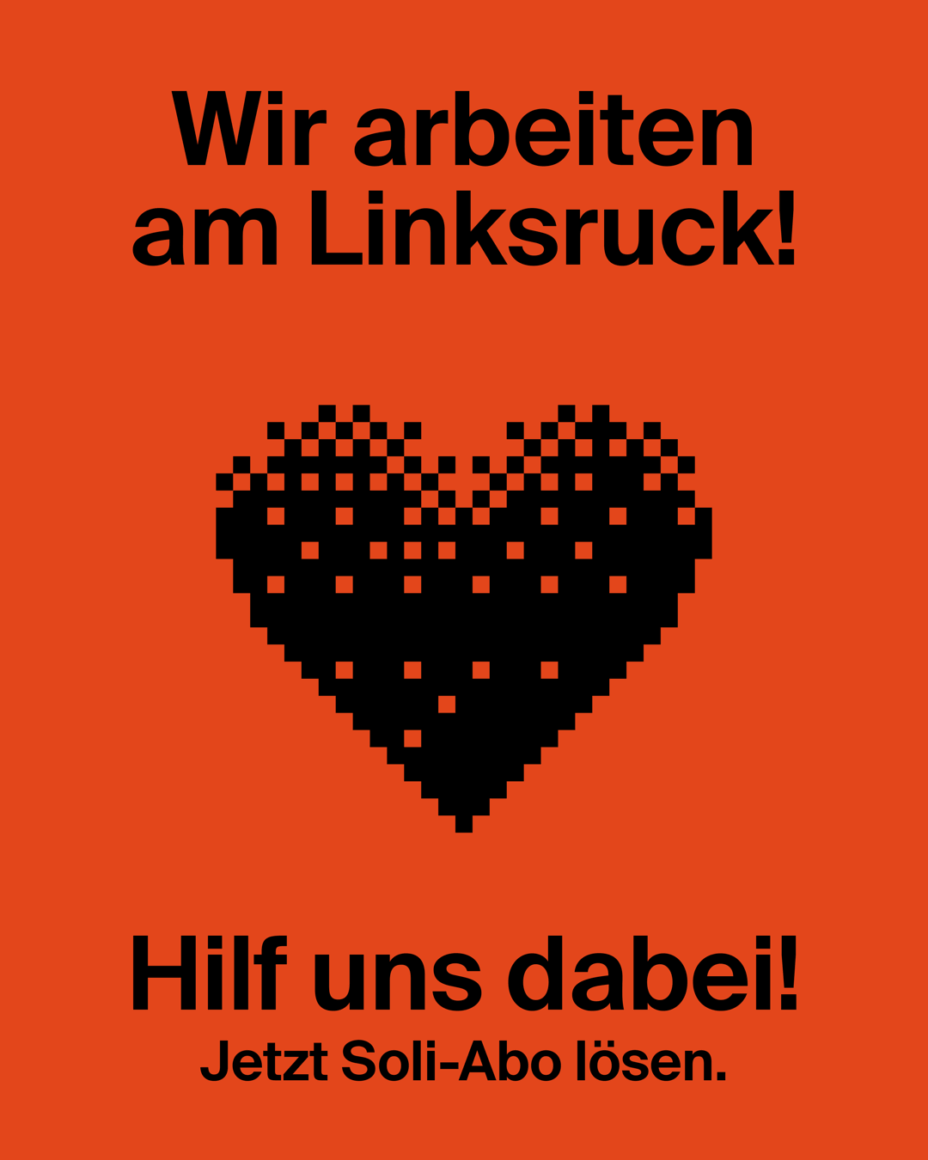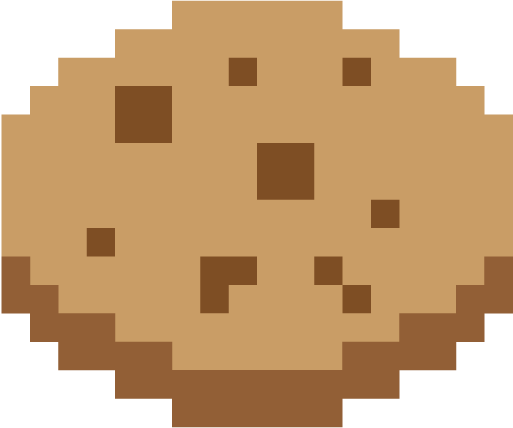What does retreat, Switzerland, lavish, luxury, and back to the roots have in common? Before coming to Switzerland, I used to work in several multinational corporations in Nigeria. In these settings, retreats were the ISH! The one time in the year when staff were jetted off to luxury hotels and island resorts for days of day drinking and pampering! Many organizations used retreats to indirectly apologize for draining employees all year long, and so on retreats, employees took advantage of all luxuries with reckless abandon.
And so, when three weeks after my arrival, I got an email from my departmental chair informing me that as a PhD candidate, I am expected to attend the chair’s retreat, I was on cloud nine! Retreats in Nigeria were lavish, so a retreat in Switzerland has to be ghen ghen! The email included a list of items we should come with which included sleeping bags, torches, hiking boots, and warm clothes. I did not understand the need for sleeping bags and torches, but I got one of each anyways.
Follow Medinat, as she chronicles the lived experience of a Nigerian living in Switzerland. With a mixture of humour, satire, story-telling and metaphorical symbolism, Medinat’s monthly highlights will reveal to you Switzerland and the Swiss in ways you never knew, never imagined, or never noticed. She is after all living her new Swiss life the Nigerian (naija) way. Medinat is a Senior Lecturer at the ETH Zurich.
On the day of the retreat, we took a two-hour train ride to the mountains. Picturesque Swiss alps in all its white, feathery glory. You know the feeling when a scenery knows it is gorgeous, and it just presents itself to be appreciated, unabashedly. Pristine and crisp mountain caps with snow and humid smoke at the peaks. Cascading waterfalls with its splashy foams. And somehow, even the cows openly grazing on farms seem like the perfect fit for this high-resolution movie scene. Welcome to the Swiss alps!
After the train ride, we took a bus farther hinterland. That the bus on this route ran only once an hour was my first clue but I was too enthralled to notice. We got off the bus and there was no house in sight. Oh wow, I thought. The retreat venue is exclusively hidden in the woods, touché! We gathered our luggage and walked about twenty minutes farther.
And there it was. Or was not! There, in the middle of a forest clearing stood a building I was later informed used to be a monastery. It was set on a small hill and had a cross-shaped minaret with a polished metal exterior. Its walls (or what was left of them) were made of cobble stones which my colleagues were touching gingerly, mesmerized by its „ancient-ness”. Logs of wood were neatly arranged on the side porch. The house had narrow and short doorways, so you had to stoop to get inside every of them. One step inside and you were hit with a cold, crisp breeze. Ehmmm, no heating? You are kidding me!
In the center of the sitting area which used to be the worship room of the monastery stood an alter with various saints. The floorboards creaked with every step. The „kitchen” was bare except for freshly delivered fruits, vegetables, packaged grains (rice and spaghetti), fresh meat, packs of flour, coffee powder, tea bags, milk boxes, and other condiments. There was no stove, no refrigerator, no coffee machine, no nothing. Looking at it, I had flashbacks of my great-grandmother’s clay-molded kitchen in Offa, Kwara state, western Nigeria. Did I time-travel back to the 1900s?
The retreat organizer gathered us together and allocated us our rooms on the next floor. He informed each one of their duties for the next 3 days. We will alternate from stocking the fire with woods, to cooking on the open fireplace, to washing our dishes and cutleries, to gathering more wood. Typical back-to-the-roots way of life! The only thing not on the schedule was hunting and gathering!!! For some reason that I am yet to understand, everyone around me was EXCITED.
As I ascended the stairs to my allocated room, I kept wondering which specific bad act I had committed to get this retreat as my karma. Images of luxury saunas, breakfast buffets, and jet skiing in resort beaches crisscrossed my mind.
Where did I go wrong? Who did I offend? Was it the length of time I spent under hot showers? I am sorry God but is this penance not a tad bit over-the-top? So, a typical Swiss retreat means to disconnect (literarily without wifi) from the world? To not use technological advancements (you wonder what was the need for all the years of inventions)? To go back to where it all began (like that was even possible)? But for what exactly?
To the Swiss, apparently everyday life is too luxurious and a back to reality check can be done with a retreat. Now I understood what it means to have „luxury problems”!
My Swiss roommate knocked and said to me enthusiastically: „How cool is this place! We already decided to come back for next semester’s retreat”. Oh Nice! „What date is it?” I asked, „11–15th November”, she replied. I picked up my phone and went to my calendar. I made an entry for 11th to 15th of November which read: „DAYS I AM GOING TO BE SICK!”
I am yet to understand how these things work, maybe because I am living this ‘Swiss’ life in a ‘naija’ way!
Journalismus kostet
Die Produktion dieses Artikels nahm 20 Stunden in Anspruch. Um alle Kosten zu decken, müssten wir mit diesem Artikel CHF 1300 einnehmen.
Als Leser*in von das Lamm konsumierst du unsere Texte, Bilder und Videos gratis. Und das wird auch immer so bleiben. Denn: mit Paywall keine Demokratie. Das bedeutet aber nicht, dass die Produktion unserer Inhalte gratis ist. Die trockene Rechnung sieht so aus:
Wir haben einen Lohndeckel bei CHF 22. Die gewerkschaftliche Empfehlung wäre CHF 35 pro Stunde.
CHF 700 → 35 CHF/h für Lohn der Schreibenden, Redigat, Korrektorat (Produktion)
CHF 340 → 17 CHF/h für Fixkosten (Raum- & Servermiete, Programme usw.)
CHF 260 pro Artikel → Backoffice, Kommunikation, IT, Bildredaktion, Marketing usw.
Weitere Informationen zu unseren Finanzen findest du hier.
Solidarisches Abo
Nur durch Abos erhalten wir finanzielle Sicherheit. Mit deinem Soli-Abo ab 60 CHF im Jahr oder 5 CHF im Monat unterstützt du uns nachhaltig und machst Journalismus demokratisch zugänglich. Wer kann, darf auch gerne einen höheren Beitrag zahlen.
Ihr unterstützt mit eurem Abo das, was ihr ohnehin von uns erhaltet: sorgfältig recherchierte Informationen, kritisch aufbereitet. So haltet ihr unser Magazin am Leben und stellt sicher, dass alle Menschen – unabhängig von ihren finanziellen Ressourcen – Zugang zu fundiertem Journalismus abseits von schnellen News und Clickbait erhalten.
In der kriselnden Medienwelt ist es ohnehin fast unmöglich, schwarze Zahlen zu schreiben. Da das Lamm unkommerziell ausgerichtet ist, keine Werbung schaltet und für alle frei zugänglich bleiben will, sind wir um so mehr auf eure solidarischen Abos angewiesen. Unser Lohn ist unmittelbar an eure Abos und Spenden geknüpft. Je weniger Abos, desto weniger Lohn haben wir – und somit weniger Ressourcen für das, was wir tun: Kritischen Journalismus für alle.
Einzelspende
Ihr wollt uns lieber einmalig unterstützen?














